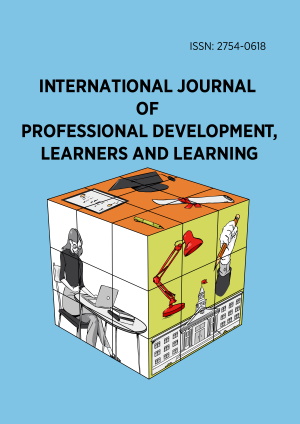Volume 2, Issue 1, January 2021
Research Article
International Journal of Pedagogical Development and Lifelong Learning, 2(1), January 2021, ep2101, https://doi.org/10.30935/ijpdll/9290
Review Article
International Journal of Pedagogical Development and Lifelong Learning, 2(1), January 2021, ep2102, https://doi.org/10.30935/ijpdll/9294
Research Article
International Journal of Pedagogical Development and Lifelong Learning, 2(1), January 2021, ep2103, https://doi.org/10.30935/ijpdll/9362
Research Article
International Journal of Pedagogical Development and Lifelong Learning, 2(1), January 2021, ep2104, https://doi.org/10.30935/ijpdll/9732

 The articles published in this journal are licensed under the CC-BY Creative Commons Attribution International License.
The articles published in this journal are licensed under the CC-BY Creative Commons Attribution International License.